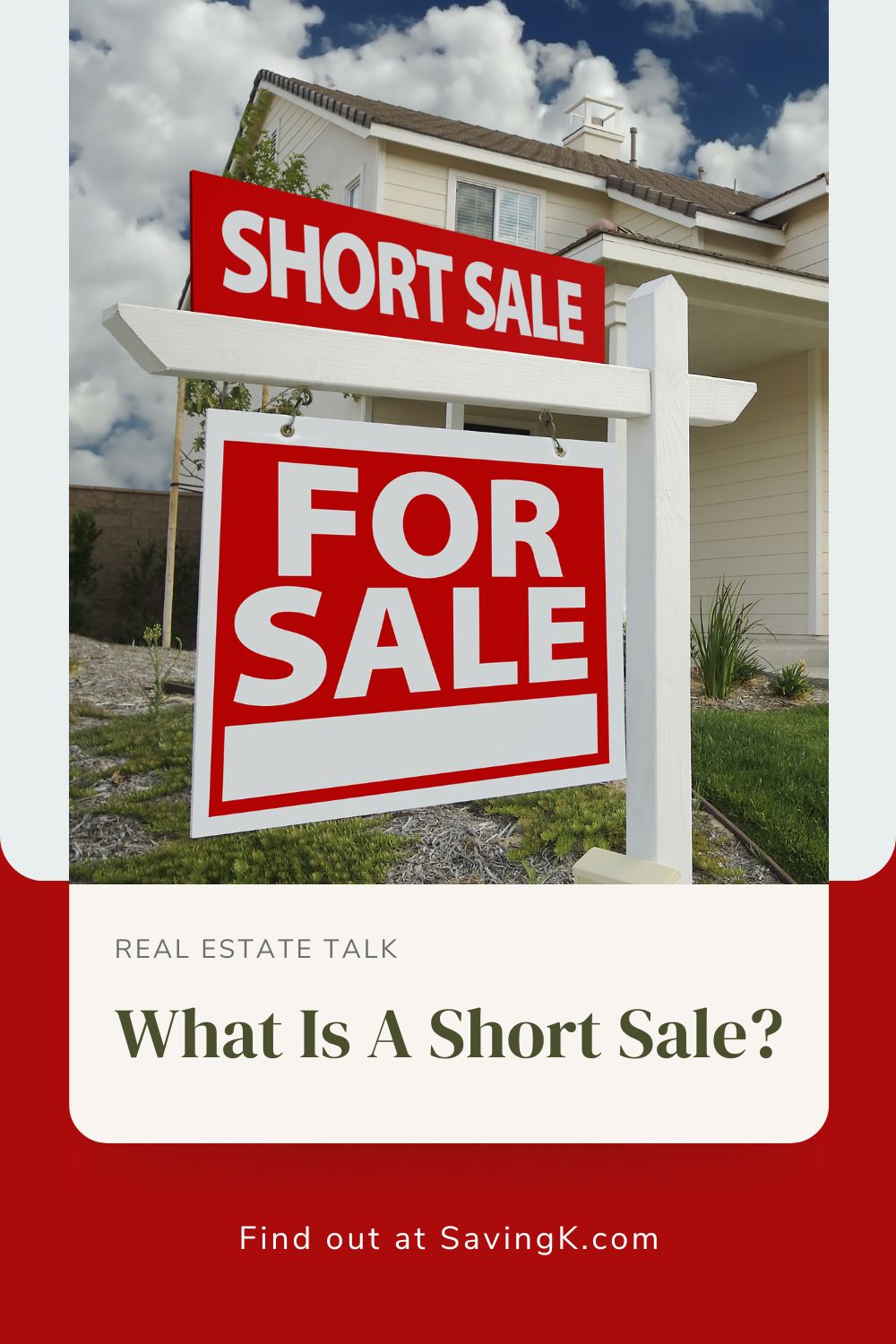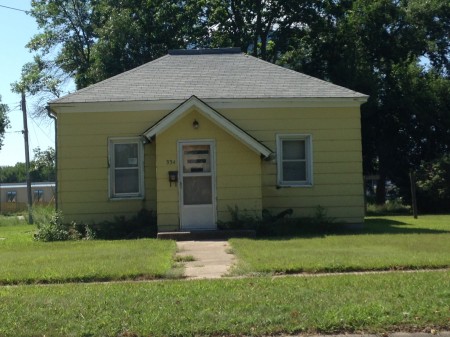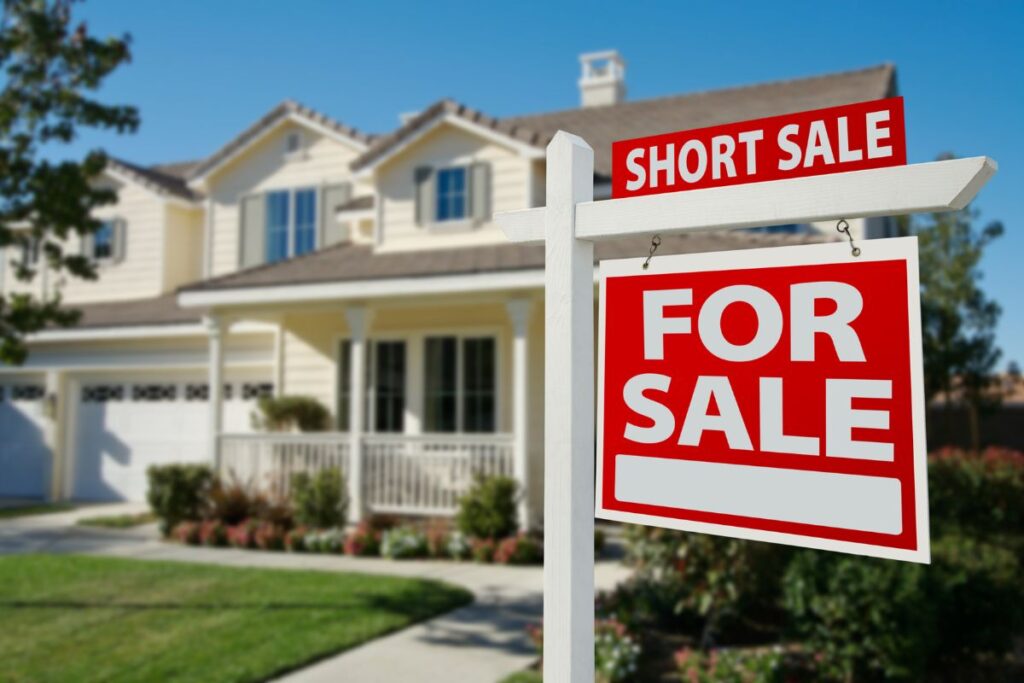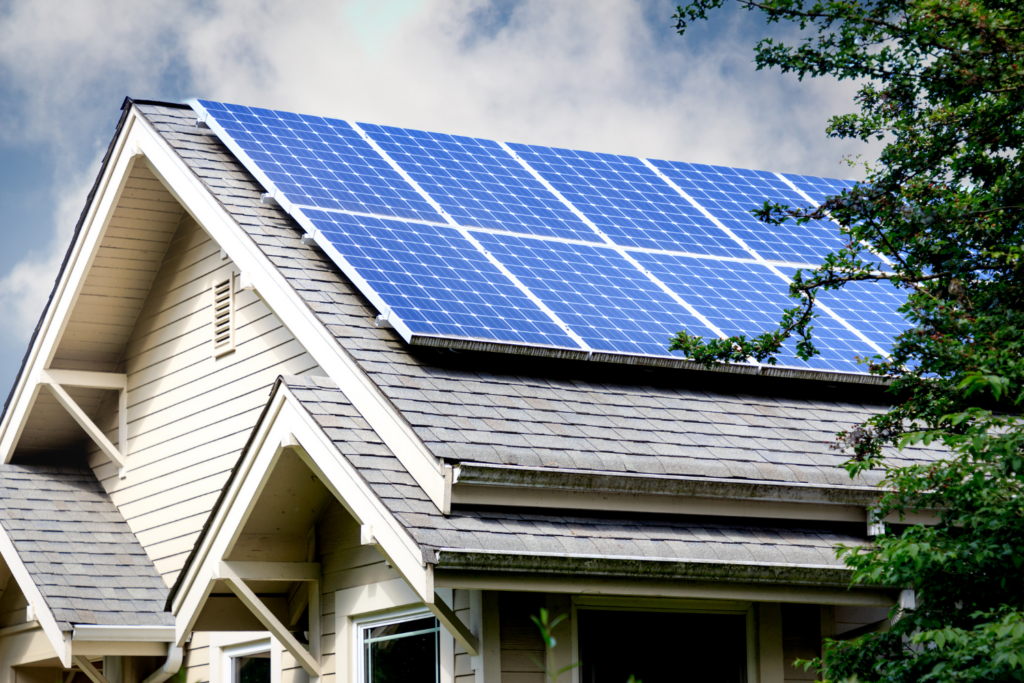
If you’re looking to buy a new home, you may have heard about short sales as an option. But what exactly is a short sale? How does it work, and how does it differ from buying a foreclosure? To help answer these questions and more, here is an overview of what you need to know about short sales.
Contents
What Is a Short Sale?

A short sale occurs when the property owner owes more money on their mortgage than the property is currently worth. In order for the lender to be able to recover some of its losses, it agrees to let the seller sell the home for less than what is owed on the loan. This means that the seller must get approval from their lender prior to listing the home, since they will be selling it at an amount lower than what they owe.
How Do Short Sales Work?
The process of buying a short sale requires patience and perseverance; typically, they can take several months or more before they close due to all of the paperwork involved in getting approval from lenders. Once a buyer has made an offer on a short sale, it can take anywhere from 30-90 days for the lender to respond with either acceptance or denial of that offer. It’s important for buyers to understand this process before entering into a contract for purchase of any short sale property so that they know approximately how long they will have to wait before closing on the property.
Difference Between Short Sale & Foreclosure
Instead of foreclosure, a short sale offers borrowers the ability to sell their home for an amount less than what they owe. Conversely, if foreclosure occurs, the lender will seize control of the property and attempt to recoup its losses through a sale.
My Short Sale Story
My father died in 2012 and left me with his pile of debt to deal with. Not being the sharpest knife in the drawer about money, he had refinanced his house several times. The last time was by calling a 1-800 number off of a television commercial that had a variable interest rate. Needless to say he owed triple the amount that the house was worth!

My brother was interested in buying the property, but obviously did not want to pay three times it’s worth, so we tried to bargain with the mortgage lender who was not easy to barter with as they kept getting bought out. After a year trying to deal with them, we finally told them to go ahead and foreclose on the property if they weren’t going to budge on the amount, and that’s when they came back allowing the short sale.
Pros & Cons of Short Sales
The pros of buying a short sale include potentially getting better deals compared to foreclosures due to lower prices and fewer competition from investors who tend not buy these types of properties; however, there are also some cons associated with buying short sales as well, such as needing patience due to long waiting times and uncertainty regarding whether lenders will accept offers at all or if they will offer up reasonable terms for closing costs or repairs required by buyers in order for them to accept offers made on properties. Additionally, there may also be legal issues that arise due to potential conflicts between buyers/sellers/lenders during negotiation periods that can further delay transactions or even cause them fall apart altogether at any point throughout proceedings.
Conclusion
When deciding whether or not buying a short sale is right for you, it’s important to weigh both pros and cons before making your decision. Some advantages include being able to purchase homes at below market value prices which could provide significant savings in comparison with other types of homes; however some disadvantages include having lengthy waiting periods while lenders approve offers and potentially dealing with liens still attached upon closure. Be sure to research thoroughly prior to making your decision so that you make an informed choice about your future home purchase.




